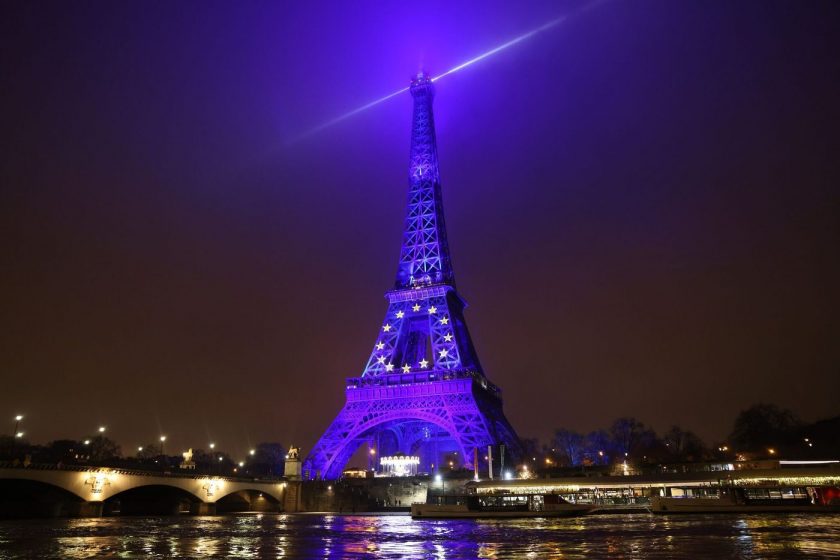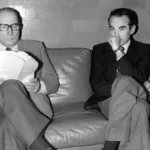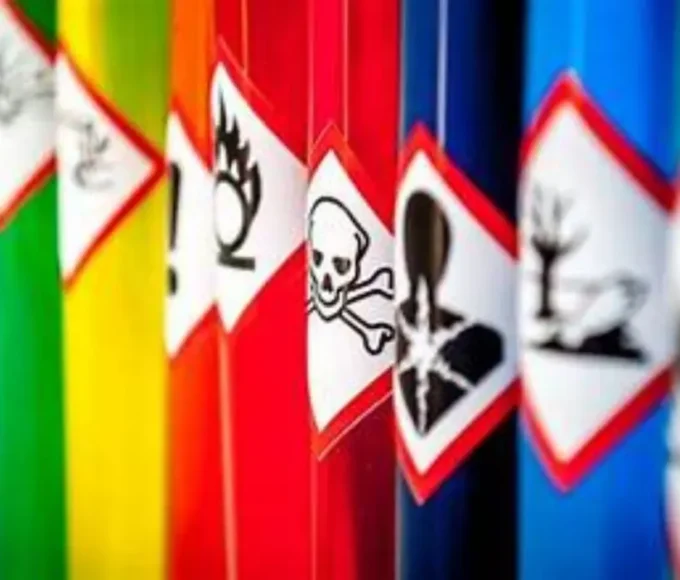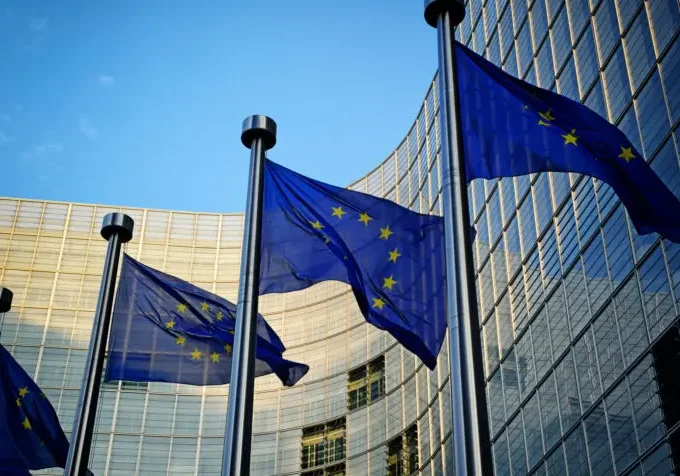On June 9, the 450 million citizens of the European Union (EU) will be called upon to choose their future.
The Union that emerges victorious in the elections to the European Parliament will be closely scrutinized by our allies and adversaries throughout the world. This choice is all the more decisive as geopolitical balances have rarely been so unstable and the relevance of the democratic model is questioned by anti-democratic regimes keen to undermine the values we defend.
The war which has just resurfaced on European soil since the invasion of Russian troops in Ukraine illustrates how Western and European values, our ways of life, are cherished by States which wish to live in a free and democratic world.
Ecological, economic, social, demographic, cultural, migratory, democratic, defense and geopolitical challenges, the EU faces a multitude of issues which will foreshadow its future and its sustainability.
In this context, the role of European cities and more particularly that of Paris, is essential. European cities have always had a great influence in the network of the continent, what the historian Jacques Le Goff called “the beautiful Europe of cities and universities”. At the heart of this influence are their political awareness, the networking of knowledge and the crucible of human encounters. Shaped first and foremost by commerce, but also by culture and the sharing of knowledge.
The “Heart” cities of yesterday, such as Florence, Amsterdam or Bruges, as the cities of today have become, as Jacques Attali illustrated in 2006 in his work A Brief History of the Future, economic centers, cultural, demographic, constituting one of the driving forces of Europe.
Today, faced with the rise of extremes, populism, xenophobic and racist ideas, cities are at the heart of the democratic fight and they will be at the heart of the Europe of tomorrow.
Faced with the temptation to turn inward and the rise of a conquering extreme right, eager to strike at the heart of the spirit of European institutions, cities can be an antidote. They live in Italy, as in Poland, in Sweden as in Greece, from Lisbon to Paris, via Hamburg, Florence, Warsaw, Barcelona, Stockholm or Vilnius, places where democracy is lived and invented and where ecological imperative is not opposed to social justice.
This European prism of cities remains a reality and is confirmed from election to election. Consequently, the tone of the June vote will largely depend on the electoral participation of the cities.
On December 27, 2023, the disappearance of the former President of the European Commission, father of the euro and figure of the French left, Jacques Delors, architect of the dreamed Europe”, in the words of Enrico Letta, former President of the Council of Ministers of Italy and today President of the Institute Jacques Delors, in an article in the Belgian newspaper “Soir”, confronts us with the challenges that this political project must face.
I also share his analysis: “attention to social warmth to recover the consensus of the most Eurosceptic party”. Because yes! If Europe must be an economic power to respond to the great demographic and economic powers that are the United States, India or even China, it cannot achieve this without winning the battle for the hearts of European citizens as was the case. case during the major health crisis of Covid-19 and or even the implementation of the European recovery plan.
In the future, the European Union must therefore invest more deeply in solidarity policies, to achieve a civic Europe, close to its inhabitants and less technocratic.
European cities must also continue to be key players in the fight against global warming. The great challenge of our century!
But if Europe is a source of inspiration, it is also a source of openness to break social determinism or the temptation of national withdrawal.
The cities of the European Union are in fact at the heart of migration issues and the reception of refugees because they represent the hope of a better world for many immigrants. From Paris to Amsterdam via Berlin, they have always been as New York and London have always been.
Of course, I am aware that due to economic, social and cultural difficulties, many citizens are tempted to withdraw into themselves and are hesitant about welcoming immigrants or that mayors are worried about the capacity for their city to welcome new migrants, as shown by the recent warning from the mayor of New York, Eric Adams, warning of “the migratory crisis that will destroy New York” in the face of the challenges of an unprecedented migratory wave of more than 150,000 immigrants over the past year.
But cities are also, through their history, dynamism, diversity, expansion and values, symbols of living together, generosity and a space of freedom. In my opinion, it is essential today that Mayors can also be better associated on this subject with the reflections which precede the implementation of migration policies decided by States. These reception issues will also be at the center of the international conference on refugees called by Anne Hidalgo, Mayor of Paris, ahead of the Olympic and Paralympic Games.
Finally, I believe in a Europe which puts the citizen at the heart of its action. During the restitution of the conference on the future of Europe, on May 9, 2022, I was enthusiastic about the lesson of hope that young people gave us, by expressing their wish for a more ecological Europe, more social and wishing to be fully associated with the European decision-making process.
Parisian Council of Europeans
But what has become of these just and legitimate arrests since then? I see precisely the role of cities in giving EU institutions formidable tools for concrete and local democracy, particularly with the creation of the Parisian Council of Europeans in 2019. It is a unique body in Europe, bringing together 61 Parisians. from the 27 member countries, responsible for illuminating our public policies through their diverse experience and proposing new initiatives. It was created on the model of democratic bodies set up in Paris such as the Citizens’ Assembly or the Parisian Youth Council.
On February 3, I welcomed the new promotion of this body to Paris City Hall. I hope that this Parisian Council of Europeans, through its modernity, a symbol of unity in the diversity that it embodies, can spread across Europe and contribute to the necessary debate on the European Union that we want. I will bring it to life by mobilizing Parisians, in conjunction with district mayors, both from the majority and the opposition, and their teams.
This article is originally published on laregledujeu.org








